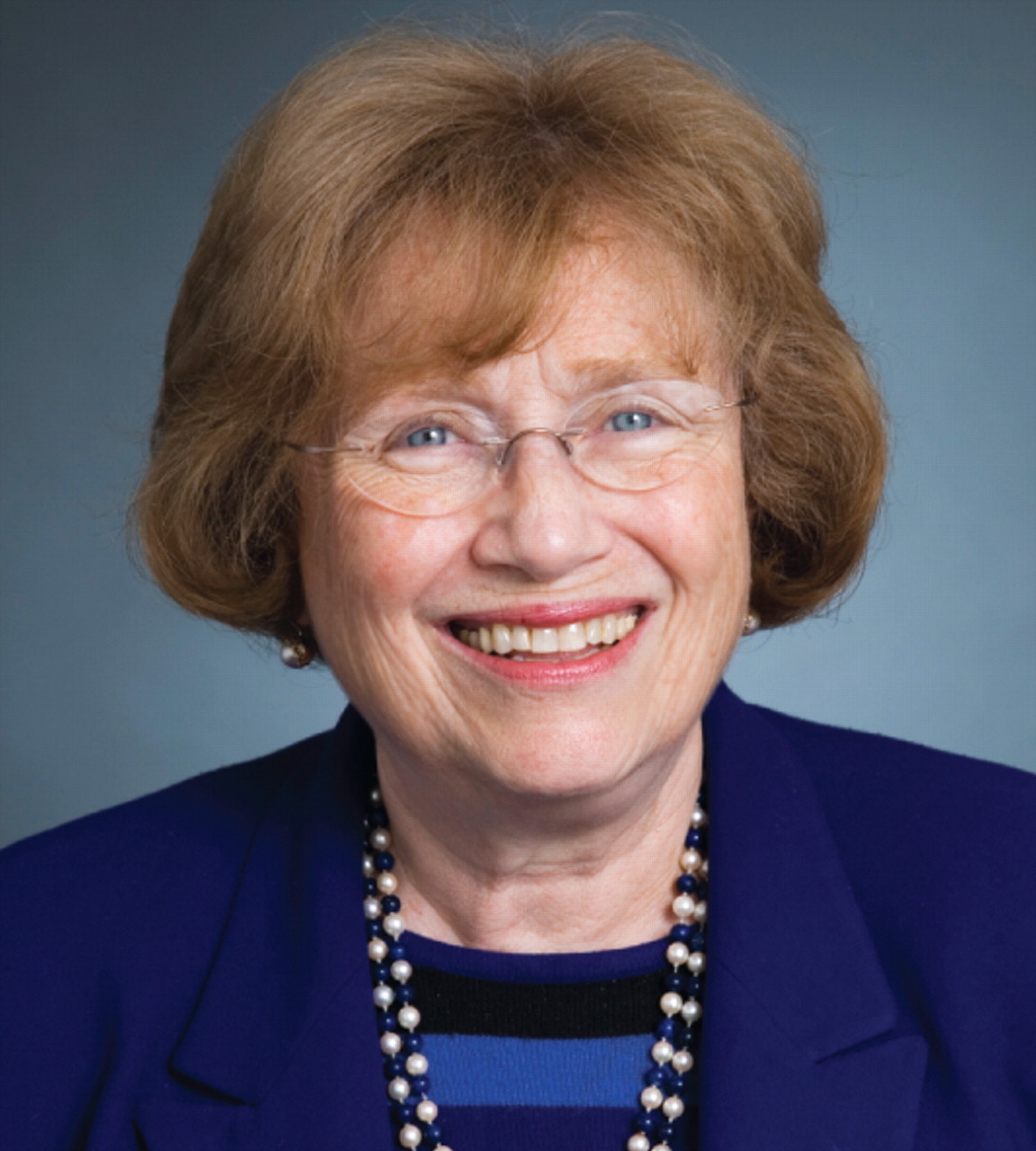Communication That Gets Results Continues to Be Our Focus

©Sylvia Johnson Photography 2007
Happy New Year.
It is traditional to use the end of the calendar year to sum up the previous 12 months and make New Year's resolutions. As I complete two-thirds of my presidential year, it is time to assess accomplishments and focus work for the next four months.
One-year terms are brief, even with preparation in the president-elect year. Fortunately, my theme of advocacy and communication resonates with that of Nada Stotland, our presidentelect, but I recognize the limits and have emphasized ongoing capacity building and organizational performance. Consequently, I have worked internally to strengthen the function of the Board of Trustees (more about that in my next column).
My focus on communication and advocacy has addressed several groups: legislators and policymakers, the media, other physicians, other health and mental health professionals, advocacy groups such as the National Alliance on Mental Illness, the business community, and the public at large, especially teachers and clergy (who often are the first to notice or be consulted about mental distress), and of course, psychiatrists—our communication with each other.
Our interactions with policymakers have been full of promise, but still awaiting legislative action. The process for parity passage has been demanding, with wonderful support from some in Congress and the community, but also with many challenges posed by those who are opposed to psychiatric care. As this is being written, the decision is still pending. Please call your congressional delegation to thank members for supporting full parity and nondiscriminatory access or encouraging them to do so.
In concert with other medical groups, we continue to address the potentially devastating impact of the 10 percent cut in the Medicare sustained growth rate, or SGR, and modification of the discriminatory Medicare 50 percent copay for mental illness treatment. We also have been working assiduously to protect patient privacy and to promote patient safety as well as provide care for returning military, and maintain funding of psychiatric research. Communication with legislators continues to be vital for our success.
We continue to strengthen our involvement with the AMA, not only in legislative affairs, but also through psychiatrists' participation in AMA councils on medical services, science and public health, education, and long-range planning. APA member Jeremy Lazarus is the highly effective speaker of the AMA House of Delegates. The AMA has expanded its work on scope of practice, involving multiple specialty organizations, and Jay Scully, our medical director, has assumed considerable leadership in that arena. Jay is also president-elect of the Council of Medical Specialty Societies, bringing a psychiatric perspective to its deliberations.
We also have engaged in some specialty-specific work to inform other physicians and improve patient care. We have completed a joint report with the American College of Obstetricians and Gynecologists on SSRIs in pregnancy, and we have initiated communication with the American Heart Association on the role of depression as a risk factor in cardiovascular disease. In addition to developing educational and clinical efforts to assist primary care physicians in recognizing and caring for people with psychiatric disorders, we are working to enhance collaboration and strengthen membership with the major psychiatric subspecialty organizations
Media interaction continues to improve in amount and quality. Our op-ed pieces and letters to the editor have been placed in the New York Times, as well as other national and local newspapers. APA members are more frequently quoted in radio and seen on TV. Public information Web sites such as HealthyMinds.org and DepressionIsReal.org receive many visits, as does our new medication guide on ADHD prepared in collaboration with the American Academy of Child and Adolescent Psychiatry and available at<parentsmedguide.org>. We have expanded media training for residents, as well as on-site training for district branches.
Under the aegis of our Partnership for Workplace Mental Health, funded by the American Psychiatric Foundation, I participated in the U.S.-Canadian Forum for Mental Health Productivity, informing the business community that promoting mental health in the workplace is not only the right thing to do, but is also a good business decision that positively influences productivity and the bottom line.
Obviously, much more has been done and is ongoing. For 2008, we need to continue our communication and collaboration outside of our specialty. We need your involvement to educate the public and to assure access to care. At the same time, we will work internally to inform and involve our members. Please e-mail me at [email protected] with your thoughts and suggestions. I am looking forward to seeing you at our wonderful annual meeting in Washington, D.C., May 3 to 8 and to our work together in the New Year. ▪



